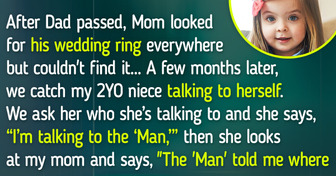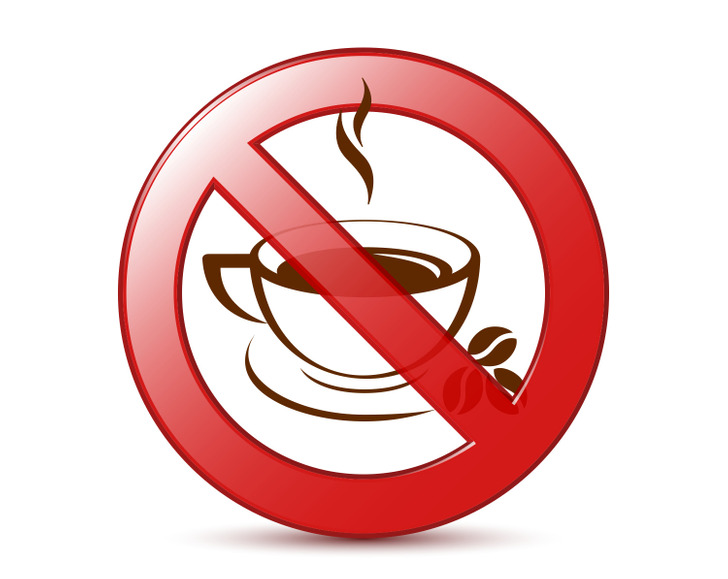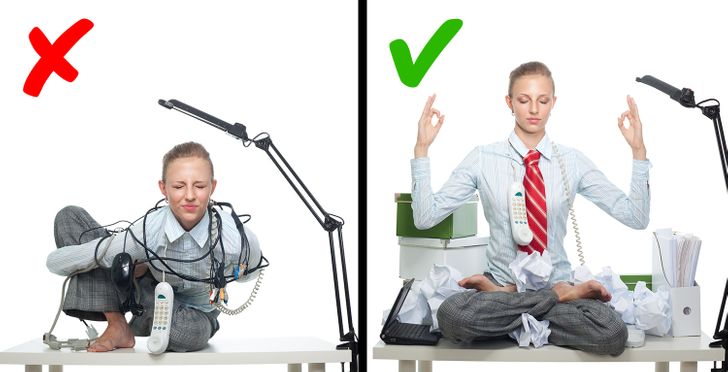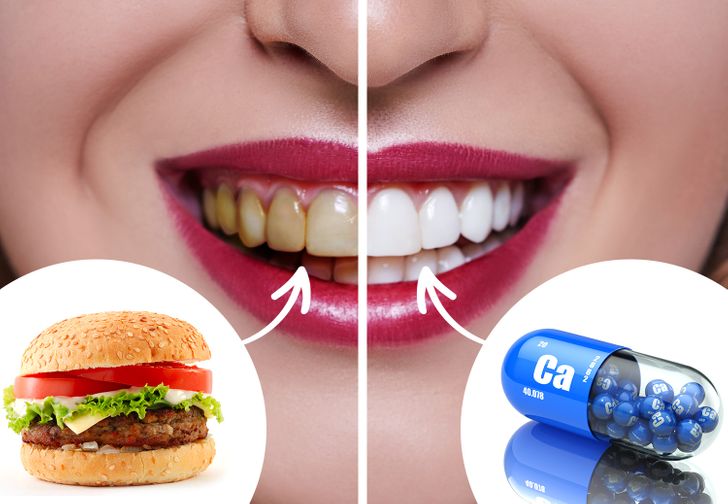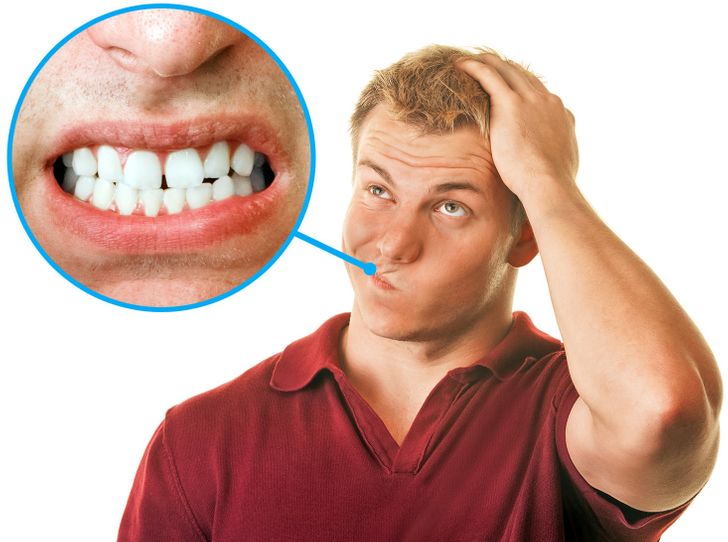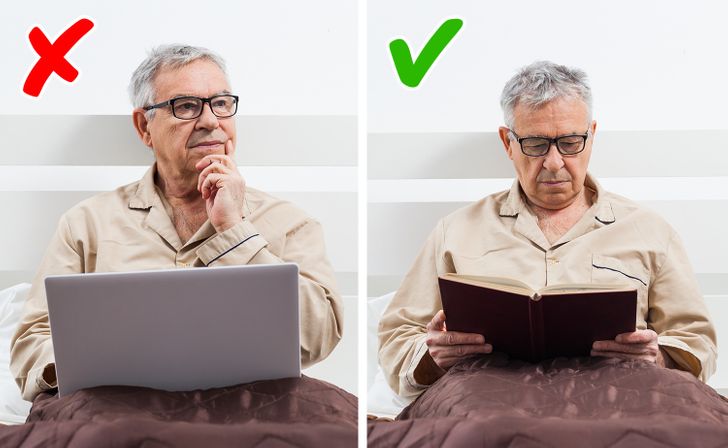Grinding is mostly genetic.
How to Stop Grinding Your Teeth at Night
Wondering why you wake up with a sore jaw or a headache every morning stops now. Chances are, both of them are connected to the fact that you grind your teeth while sleeping. This condition known as bruxism has been recently linked to another unpleasant condition called sleep apnea. It happens when the throat muscles relax during the night and block the airway, interrupting breathing.
At Bright Side, we love jaw-dropping ideas — not jaw-breaking. That’s why we want to explain 7 things that can help you get more sound sleep and healthier teeth.
Bruxism
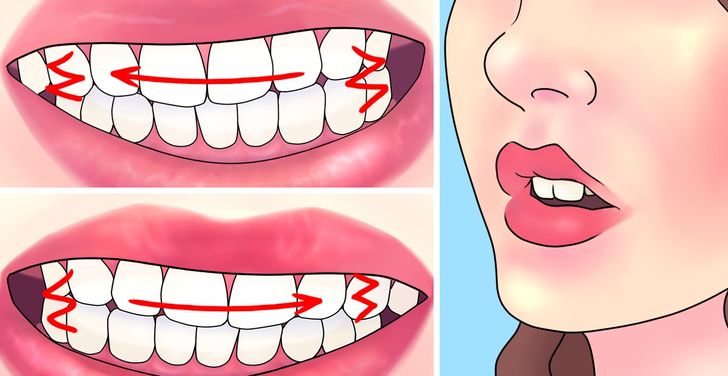
It seems unfair that such a nasty habit like grinding your teeth has such a pretty name, bruxism. Bruxism is the parafunctional activity of our teeth, which means that it’s not what they are actually supposed to do. Yet a lot of people (8-31% of the general population) suffer from it.
There are 2 types of bruxism: nocturnal, which happens during the night, and awake, which goes on during the day. The reasons a person has bruxism can vary. Psychological and genetic factors, the slightly off position of the upper teeth in relation to the lower teeth, or certain substances can all be causes of the condition. Speaking of negative repercussions, there are plenty of them. Your teeth can become more sensitive and start to wear, jaw muscles may ache, and you can also suffer from headaches. This is why treating this condition is highly recommended.
1. Avoid caffeine
The first very simple measure you can take is fixing your diet. What we eat affects all aspects of our well-being greatly — and teeth aren’t an exception.
Caffeine is a well-known stimulant we all turn to when need be. But you should try cutting back on coffee, cola, and energy drinks since they contain such high amounts of caffeine. If you drink them often, you get too agitated and active during the day, and it also gets much harder for you to relax and unwind when it’s bedtime.
2. Reduce stress levels in your life.
Stress is a common cause of bruxism — it makes you nervous during the day and restless at night. You should first think of what brings stress to your life (people, things, and events) and then come up with an effective plan on how to get rid of those things. We’re all fond of different stress-relieving activities, but here is what definitely will make a change: counseling, exercising, and meditating.
Don’t forget about a healthy diet — fast food, soda drinks and lots of sweets cause tooth decay. Raw fruits, vegetables, nuts, and berries are all good both for you and your teeth.
3. Stop chewing things that are not food.
This is a habit many of us had during childhood, yet some adults still do it in their grown-up lives too. Chewing a pencil, a pen or any kind of non-food item brings more bacteria into your mouth and messes with your normal mouth activity. This habit is directly linked to grinding your teeth and the uncontrollable chewing is a result of stress.
If you can’t stop chewing different things completely while not eating, try tricking your brain by making a change. Swap writing utensils for chewing gum, mints, or a small healthy snack.
4. Involve calcium and magnesium in your diet.
We’ve covered swapping sweets and pencils for greens already, but grinding your teeth can also mean that you’re lacking some supplements. Surely, you should first run some tests and see if that’s true. Don’t self-prescribe vitamins and supplements.
If that’s the case, and your calcium and magnesium levels are too low, start taking them. These elements are important for muscle function and nervous system health. If you suffer from shin cramps during the night too, these supplements may help.
5. Pay attention to clenching.
Here’s an idea: pay attention to how your jaw and teeth behave during the day. Sooner than later you’ll notice that they’re living a life of their own!
Unconscious clenching often happens when you’re thinking too hard or are very deeply involved in an activity. You may not notice it, but your jaw is tense and your teeth are gritted at moments like these.
6. Relax properly before bed.
If nighttime bruxism is your thing, then your first task is to unwind before going to sleep. The more calm and relaxed you are, the better chance there is that you’ll have sound sleep without teeth grinding.
Just like with de-stressing, different things work for different people. Try drinking soothing herbal tea before bed (like chamomile, for example). Also, try massaging your neck, shoulders, and face. That will help your mind and your body relax for sure.
7. Get a mouth guard.
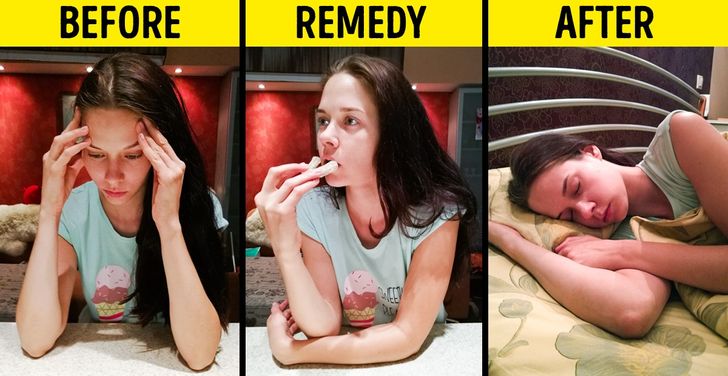
If you feel that you’re not coping too well with your teeth grinding problem, go to a doctor! But if you visit a dentist on a regular basis, they’ll notice changes in your teeth and will likely advise taking measures. Most likely, a dentist will recommend getting a mouth guard to wear at night to prevent teeth from grinding and causing damage.
There are 2 options: to buy a ready-made guard at the pharmacy or to get a custom-fitted one. Of course, the second option is much better because everyone has different jaw structures and mouth shapes. A custom-made silicone mouth guard will fit you perfectly and will make sleeping with it a bit easier (it’s quite hard to get accustomed to it at first).
Unlike hair, your teeth won’t grow back if anything happens to them. That’s why taking oral care seriously is crucial from the start. We hope that this article will make you more aware of the problem if you have it and will also give you a starting point for treating it.
Are you a teeth-grinder? How do you cope? Share in the comments how you realized you had the problem and how you’re dealing with it!
Comments
Related Reads
I Left My Husband Because of What He Wanted Us to Do on Our Wedding Night

14 Strange Requests That Assistants Received at Work

12 Exes Who Made Life Seem Like a Dramatic Episode From a Soap Opera
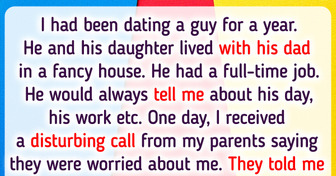
20+ People Whose Good Deeds Prove That Evil Doesn’t Stand a Chance in Our World
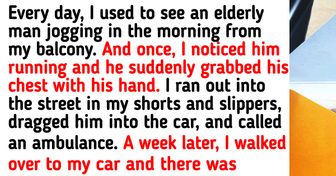
11 Real Concert Stories That Prove Anything Can Happen at a Show

My Stepmom Abandoned Me as a Child—Now, She Wants a Favor

12 Stories That Prove Grandparents Are the Heart and Soul of Family
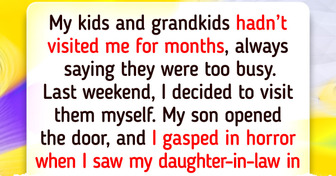
10 Travel Disasters That Can Make You Swear Off Suitcases Forever
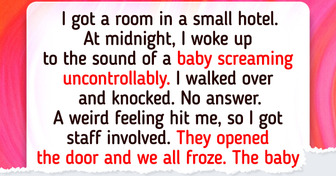
10 Single Parents Who Got Knocked Down but Refused to Stay There

15 Family Secrets That Could Top Google Searches

I Told My Stepdad to Skip My Wedding — I Didn't Expect the Brutal Consequence
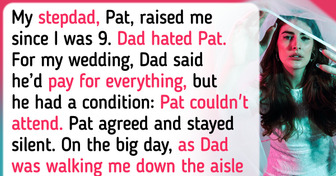
12 Children Whose Creepy Revelations Will Unsettle Even the Bravest Adults
